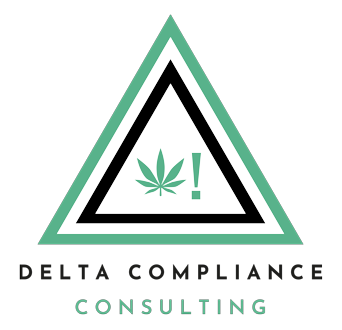Cannabis operators may be surprised to learn that there are environmental, health, and safety compliance laws they have a regulatory requirement to uphold. It may seem odd to think there are rules and standards outside of the state cannabis laws that carry the same weight and risk of operational shut downs. It may be easier to put the concept into an everyday life example.
Many states, territories and municipalities have enacted regulations requiring citizens to perform emissions testing on their vehicle prior to licensing. This is an environmental compliance regulation. The EPA (Environmental Protection Agency) has given each state authority to manage it’s greenhouse gas emissions in a way that reduces potential threats and negative impact to the environment. Similarly, residential and industrial dwellings are unable to dispose of their trash in their backyard and are required to pay for appropriate disposal of household waste products. Industrial, agricultural, and manufacturing facilities have a similar responsibility with a few more caveats. These facilities have to determine if the waste they generate in their operation can be disposed of in a similar fashion as residential dwelling, or if their waste has hazardous characteristics. Operators should refer to 40 CFR Part 264 to determine their waste management liabilities.
OSHA (Occupational Safety and Health Administration) similarly has certain requirements for employers with X number of employees including reporting workplace injuries. OSHA also prescribes specific plans and programs to be in place, and employee training requirements.
Delta Compliance brings over 7 years of experience developing and implementing EHS plans for highly regulated industries and here to ensure the cannabis industry is safe, wholly compliant and sustainable.







